Breaking Free Of The Smart Trap
When thinking of minimalism, it’s easy to think about everything you own, the things you will keep and space you will create. But there’s something even more suffocating than an excess of physical possessions, which has integrated into every aspect of everyone’s lives: a permanent connection to the online world.
Social media, in particular, is a major leech on people’s time and energy.
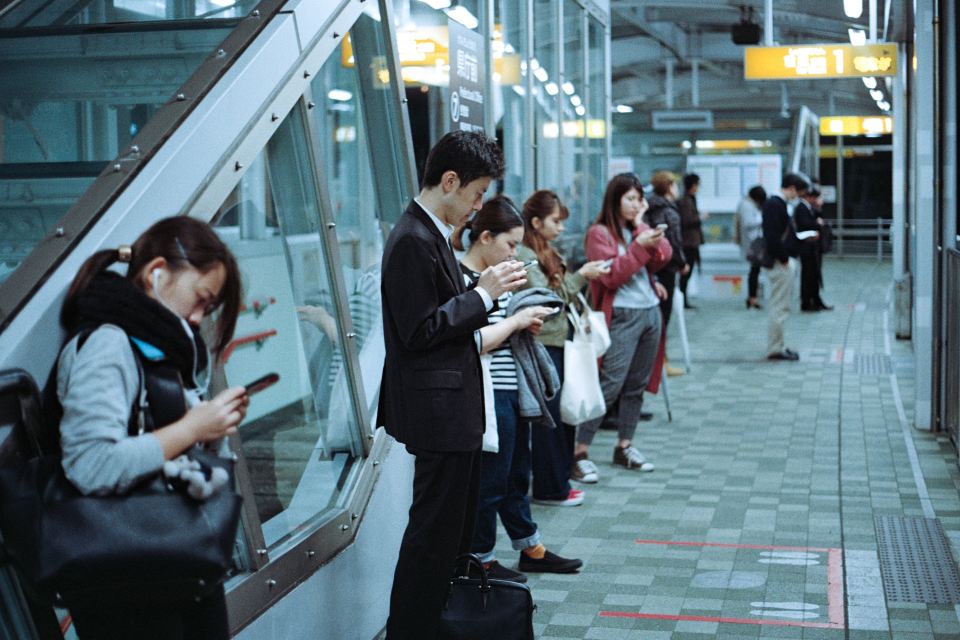
I think of social media as being like the world’s biggest mosh pit. Every so often you get hoisted above the crowds and passed along in a viral wave of shares and likes. And when you get dropped, you crave the experience again and again, eager to be seen and heard amidst millions of other voices all vying for validation.
One day last year, I sat at the window of a city cafe which had a wide view of the shop-lined street. And I was both shocked and saddened to see that there wasn’t a single person outside whose head wasn’t bent over their phone screen. Mothers with pushchairs, businessmen, teenagers, older men and women…
It’s one thing to see someone at a bus stop or in a queue scrolling away, but there’s something profoundly disturbing about seeing an entire street like it.
With a dawning sense of horror, I realised that before entering the cafe, I had been a part of that crowd, so disconnected with the people around me that I may as well have lived on a different planet.
From that moment on, I decided to apply minimalism not only to my physical life, but my digital one as well.
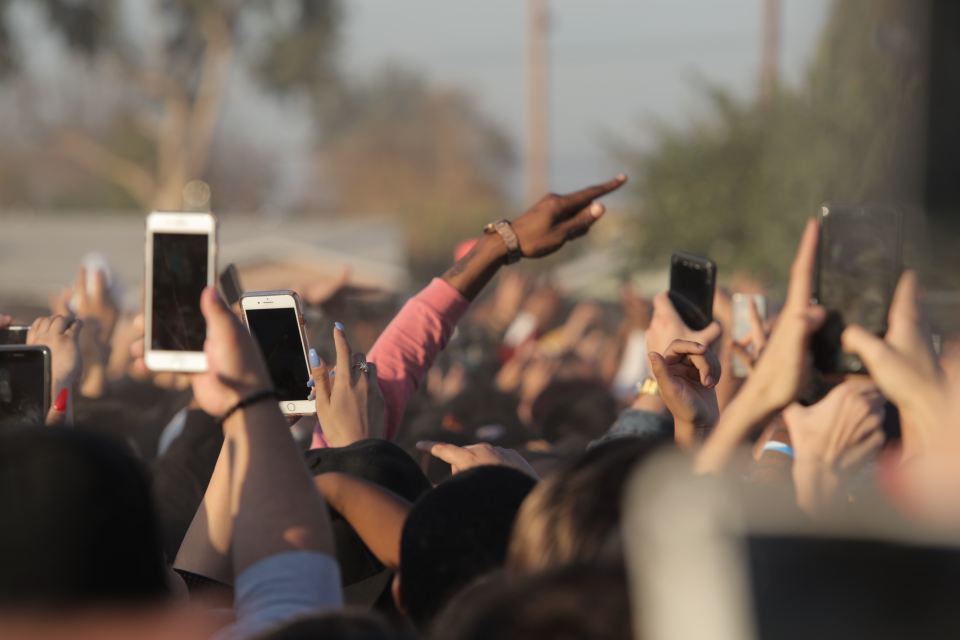
I had tried many times in the past to regulate my usage of Facebook, including deleting the app from my phone. I thought that if I took extended breaks I could get myself under control. I was wrong. No sooner than I gave it another chance, it ensnared me like a Venus Flytrap, stewing me in likes, love hearts, and bastings of dopamine.
But it wasn’t just Facebook I was addicted to. Email notifications and free-to-play games conditioned me to pick up my phone to compulsively tap and scroll my life away. Every time I pulled my phone from my pocket I would check social media, then email, then news, then I’d ask Google some obscure question that popped into my mind.
I vividly remember the time my toddler son was sitting on my lap talking to me, and because he was watching Peppa Pig for the millionth time, I was absorbed in my phone. “Mummy, you’re not listening to me!”, he whined.
I was about to snap back at him, annoyed, but then I saw his eyes swimming and his lips quivering. “What are you doing on your phone, mummy?”, he asked. To which I had no acceptable answer and replied “Nothing, sweetheart. Mummy should put her phone down. I’m sorry”.
My son’s voice was being lost amidst an ever-rising crescendo of digital noise.
In 2018, The Telegraph reported that people are on average online for 24 hours a week, and one in five of all adults spend as much as 40 hours a week on the web.
It doesn’t sound that much to start with, but weeks turn into months which turn into years. Over time, those hours spent tapping, typing and swiping add up to staggering amounts.
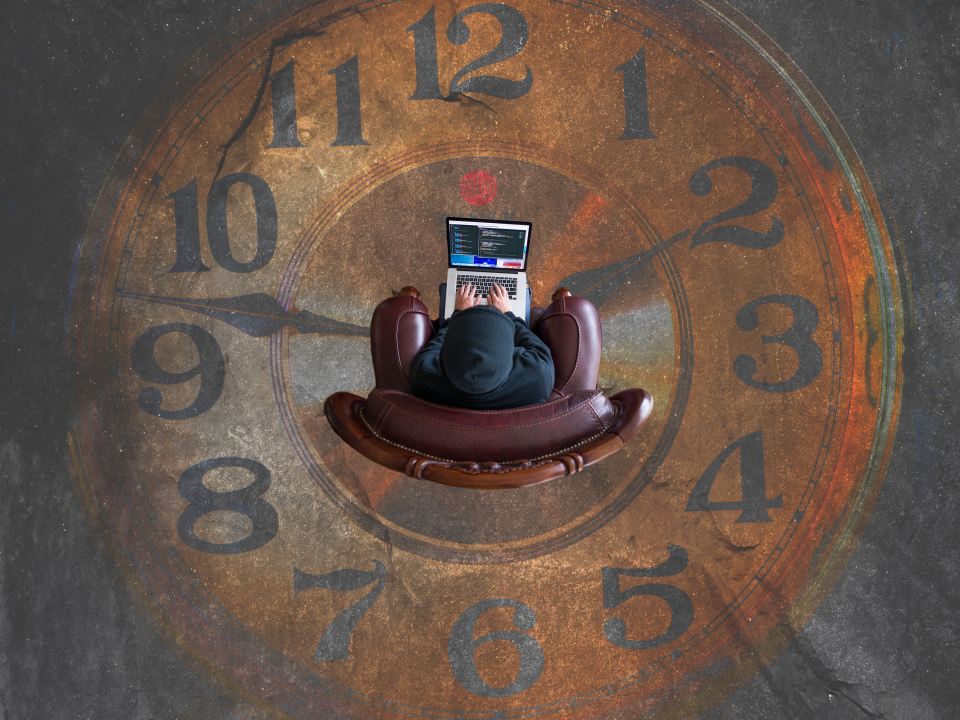
When you consider that so many of us complain of having so little time, imagine what could be achieved if we clawed back the months spent on social media, apps, email, and other attention-sapping services.
You could write a book, visit a new town or city, see friends and family, discover a new hobby, learn a new skill, learn something about yourself, set your life in a new direction, rekindle a relationship – the possibilities are endless.
There were a few instances I actually forgot to take my phone out with me, and I can say without a doubt that they were some of the most peaceful, and most productive times.
To my surprise, during those outings, I forgot about my phone. I had no desire to check notifications, know what the news headlines had changed to, or to share what I was seeing with digital strangers.
When I first took a hiatus from social media, I went one step futher and downgraded to a dumb phone for a few months. Like is the case with many addictions, I couldn’t trust myself to not fall back into the clutches of digital dependency.
The people close to me were shocked and clearly uncomfortable. I got asked “How will I send you photos when I need to?”, “How will we keep in contact as much now that you don’t use Whatsapp?”, “How will I know what you’re up to?”. The funniest thing I got asked was “How will you know where you’re going without GPS?”. Yet I don’t even drive.
I even got told that I was being ‘unminimalistic’ by having to use a separate camera instead of my phone, missing the point that minimalism isn’t about who owns the least, but is about reclaiming your time and what brings value to your life.
I documented my whole experience of going dumb (which I will share with you some other time), but I can tell you right now that my relationships improved, my stress levels dropped, and my writing sky-rocketed.
There was more to talk about with my friends because I hadn’t already shared everything. And I started to notice what was right in front of me. Not just people, but natural beauty and interesting occurrences.
I discovered a version of myself I hadn’t realised was possible until I looked up from my screen.
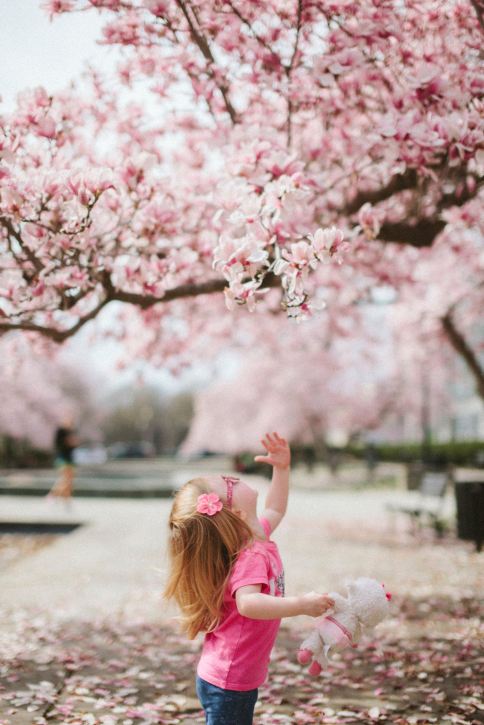
Once you leave the cultural norm, people will be shuffle their feet and often try to justify their own habits, or try to tempt you back. A few people told me that although they wanted to, they couldn’t leave social media due to having family many miles away. Yet most of the time, there’s nothing to stop people from writing letters, sending emails, or, even better, making a phone call.
An over-reliance on social media is rewiring us to fear the intimacy of live, face-to-face conversations, as well as setting us up for a life of comparing ourselves to others, and missing huge chunks of our lives.
I mean, think about it: we’ve been walking the Earth for thousands of years, communicating with each other via grunts and cave drawings, then by spoken language, and later, via books and TV. But all of a sudden, we don’t have to talk face-to face anymore. An app can do that for us.
We don’t have to be vulnerable in front of others, or share our true feelings, or even our real appearance. Instead, we craft masks online and forget who we really are.
And like any skill that goes unused for long enough, social skills start to fossilise. Then anxiety sets in. But we are still social creatures, so we desperately try to keep the illusion of connection going, all the while getting lonelier and lonelier.
Of course, social media isn’t all bad.
It can be great for meeting new people, and communicating with people on the other side of the world. It can be invaluable for disabled people who might find it more difficult to meet up with people, and it’s perfect for finding others who share your interests. It can also be a great business platform.

The problems arise when being used as a main source of contact. It’s extremely poor at forming truly deep and satisfying bonds with people.
Trying to plug social voids with excessive social media usage is like trying to fill a sieve with sand. The sense of connection and satisfaction quickly drains away, so you check and click like again and again and again.
Services such as Facebook and Instagram, and any other time-wasting app you can think of have been designed to be as addictive as slot machines. Companies are profiting from our attention, our memories, and the loss of our souls to our screens.
Currently, I’m back on social media, and back to using a smart device, but with a reversed relationship. I’m the master of my device and the services I use, not the other way around.
To stay in control, I began by minimising the apps on my phone.
I deleted everything I rarely used, started to embrace digital minimalism, and cleared everything off my screen that would serve as a temptation to open. I unsubscribed from news apps, turned off all notifications except for texts and phone calls, and started leaving my phone out of my bedroom at night.
I also started to leave my phone in my bag when talking to people, instead of in easy reach where it could dampen my conversations and remind them to reach for theirs.
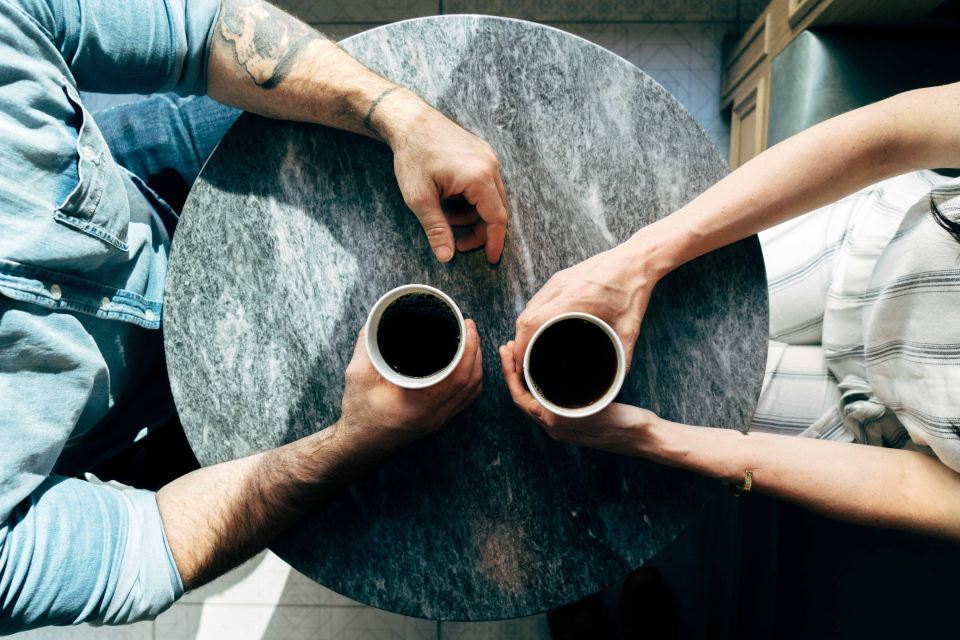
You don’t have to go as extreme as I did and downgrade to a dumb phone, nor do you have to delete your social media accounts. All you have to do is become more mindful of the time you spend on your phone, or on other devices and services.
There has been an explosion in apps dedicated to helping you keep track of the time you spend on certain device activities, or to aid you in blocking yourself from distractions.
Freedom is a popular choice by many, but there are others to choose from.
As you can see, minimalism is no longer just applies to our physical lives, and by integrating it into our digital lives, we can find peace and deep connections in a rushed and distracted world.




0 Comments
Pingback:
Pingback:
Pingback: